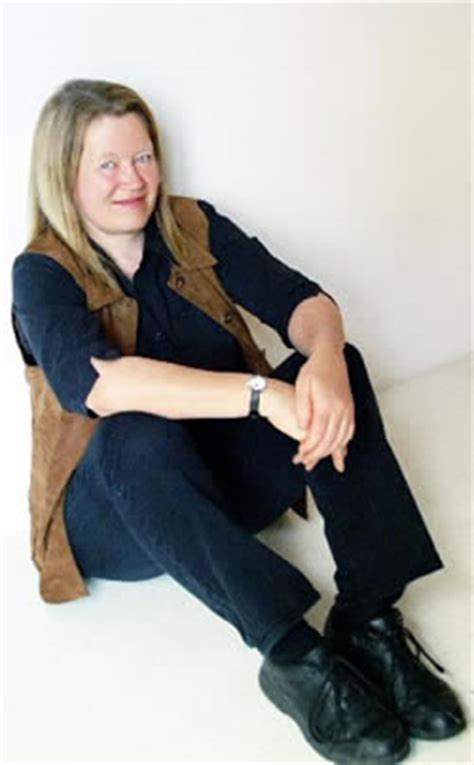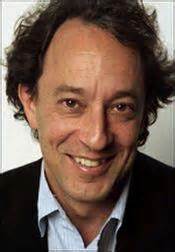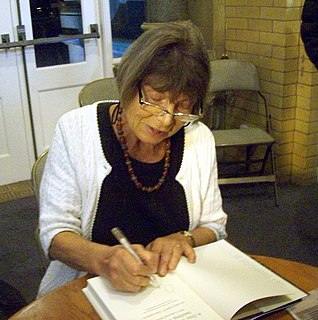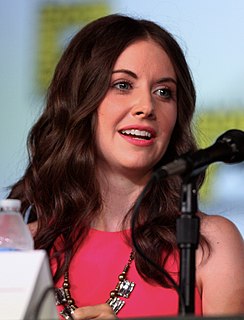A Quote by Joe Queenan
Every life, even the best ones, ends in sadness. Books hold out hope that things may end otherwise.
Related Quotes
We live in this irreparably broken world, and I don't wish to deny reality, but the amazing thing to me is not that we refuse to relinquish hope as a species. The amazing thing is that we're right to hold on to hope. The world may be broken, but hope is not crazy. ... Obviously not all stories end happily. We don't always have good fortune, but hope gives us, as a species and as individuals, what we otherwise wouldn't have: A chance.
To begin with, I hold that there is never an end; everything of which our life is composed, pictures and books as much as anything else, is a means only, in the sense that the work of art exists in the body of the movement of life. It may be a strong factor of progress and direction, but we cannot say that it is the end or reason of things, for it is so much implicated with them ; and when we are speaking of art we suddenly find that we are talking of life all the time.
She looked up. "What I can't figure out is why the good things always end." "Everything ends." "Not some things. Not the bad things. They never go away." "Yes, they do. If you let them, they go away. Not as fast as we'd like sometimes, but they end too. What doesn't end is the way we feel about each other. Even when you're all grown up and somewhere else, you can remember what a good time we had together. Even when you're in the middle of bad things and they never seem to be changing, you can remember me. And I'll remember you.
And then the spirit brings hope, hope in the strictest Christian sense, hope which is hoping against hope. For an immediate hope exists in every person; it may be more powerfully alive in one person than in another; but in death every hope of this kind dies and turns into hopelessness. Into this night of hopelessness (it is death that we are describing) comes the life-giving spirit and brings hope, the hope of eternity. It is against hope, for there was no longer any hope for that merely natural hope; this hope is therefore a hope contrary to hope.
SADNESSES OF THE INTELLECT: Sadness of being misunderstood [sic]; Humor sadness; Sadness of love wit[hou]t release; Sadne[ss of be]ing smart; Sadness of not knowing enough words to [express what you mean]; Sadness of having options; Sadness of wanting sadness; Sadness of confusion; Sadness of domes[tic]ated birds; Sadness of fini[shi]ng a book; Sadness of remembering; Sadness of forgetting; Anxiety sadness.
Many that live deserve death. And some that die deserve life. Can you give it to them? Then do not be too eager to deal out death in judgement. For even the very wise cannot see all ends. I have not much hope that Gollum can be cured before he dies, but there is a chance of it. And he is bound up with the fate of the Ring. My heart tells me that he has some part to play yet, for good or ill, before the end; and when that comes, the pity of Bilbo may rule the fate of many - yours not least.
I think most of the time with independent films, you don't know where it's gonna end up. I've done a number of films that may never see the light of day, so it ends up being exclusively about the content, material, the characters and the story. Things that you maybe wouldn't get an opportunity to do otherwise. So, as an actor, obviously it's so different.
Khattam-Shud,' he said slowly, 'is the Arch-Enemy of all Stories, even of language itself. He is the Prince of Silence and the Foe of Speech. And because everything ends, because dreams end, stories end, life ends, at the finish of everything we use his name. "It's finished," we tell one another, "it's over. Khattam-Shud: The End.

































